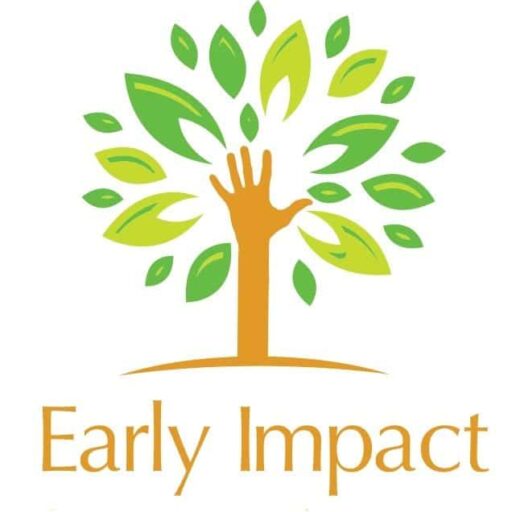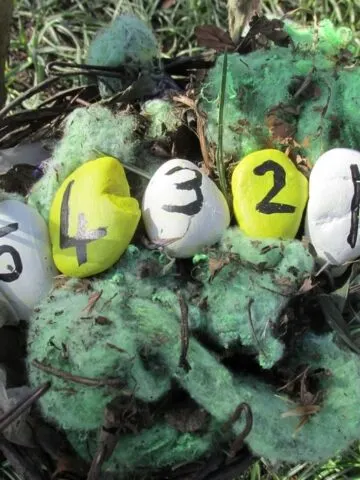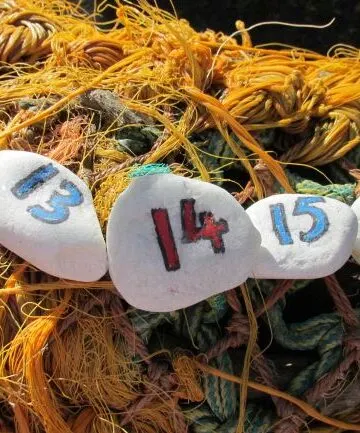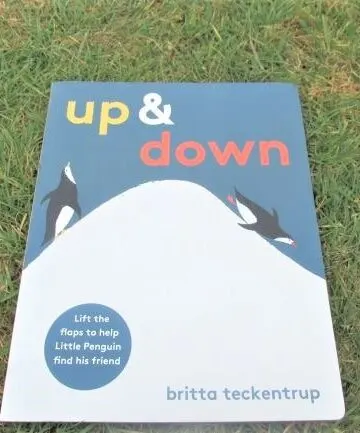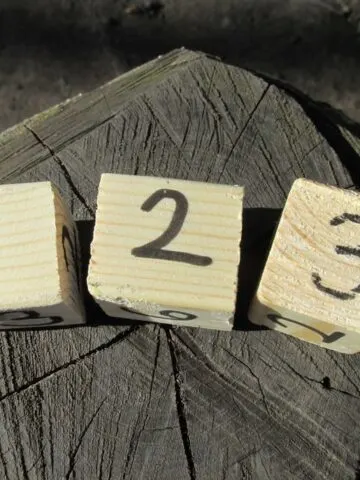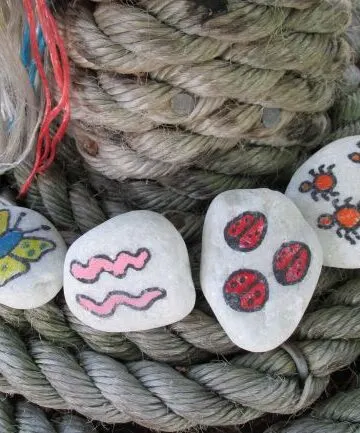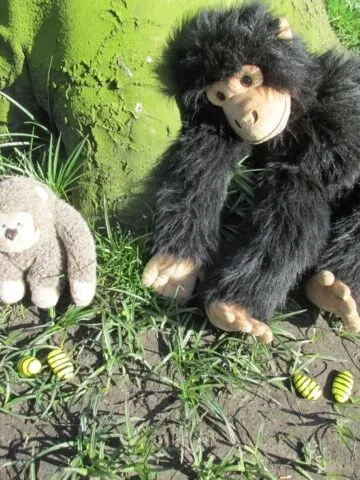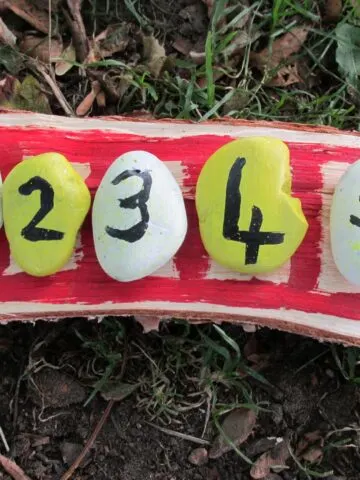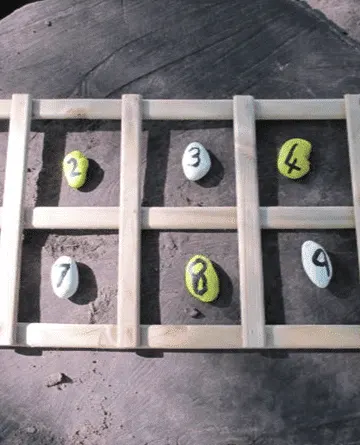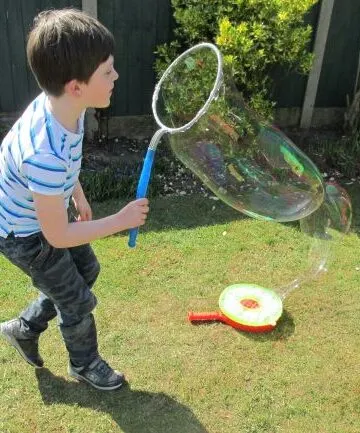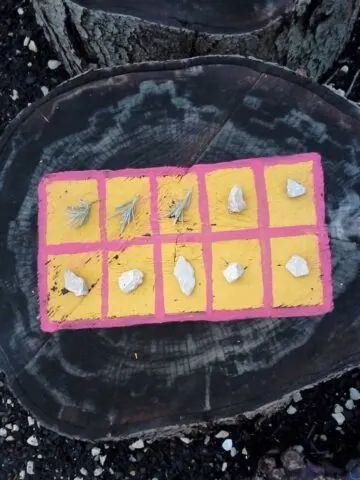18 Counting Backwards Activities
Counting backwards is a really important skill. It starts off simply with counting songs and rote counting, but much later on develops into subtraction and other types of calculating. But how do you teach backward counting? Start to teach counting backwards with simple songs that practice the skill in a simple way. Use a variety …
